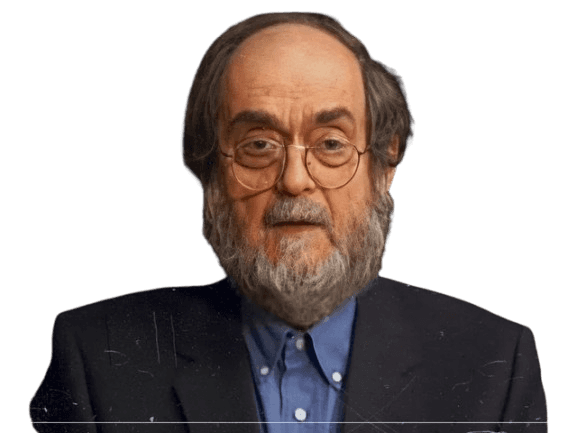Life and achievements
Early life
Stanley Kubrick was born on July 26, 1928, in the Bronx, New York, to Jewish parents. His father, Jacques Kubrick, was a doctor, while his mother, Sadie Kubrick, was a homemaker. Kubrick was also interested in photography and chess since childhood, two major aspects that are reflected in his films.
Kubrick had a rather unassuming childhood. He was a rather shy child but, at the same time, a very intelligent one. He was not a very bright student, but he was always good in the subjects he liked, including literature and science. He became a freelance photographer for Look magazine while still a teenager.
Kubrick was fortunate enough to be exposed to photography and film at an early age, and his passion for literature also played a significant role in his decision to become a filmmaker. His first works were short documentaries, for which he was a writer, director, and editor. Such early works depicted his potential and his ability to pay much attention to detail.
Legacy
Stanley Kubrick's influence on cinema can be felt even today, making him a legendary director. He is considered one of the most influential directors in cinema history due to his originality and determination. He and his movies have inspired many directors, and still, to this day, his works are analyzed and appreciated for their creativity and skill.
Kubrick's impact does not end with his movies. His style of working, associated with great amounts of preparation, thoroughness, and the desire to create the perfect film, has become an example for other directors. He challenged the conventional norms and possibilities of what could be done in cinema and what it could depict.
Although Kubrick directed only several films, his topics and genres varied from science fiction and horror to historical and war movies. This flexibility, unmistakable visual language, and ability to address multiple issues have made his work timeless.
Kubrick's films were usually characterized by the depiction of the dark side of people and the world, challenging conventional values and presenting existential issues. His capacity to stimulate people and stir them up to the extent of eliciting different feelings has made him one of the most famous directors ever.
Milestone moments
Mar 19, 1957
The release of the movie "Paths of Glory."
Kubrick's first significant hit, the anti-war film Paths of Glory, was released in March 1957.
The movie, which featured Kirk Douglas in the leading role, was highly appreciated for its realistic portrayal of the senselessness and violence of war.
Kubrick's approach to direction is also characterized by realism and creative camera movements.
"Paths of Glory" proved that Kubrick is a director who is not afraid to make a film that will ruffle some feathers.
This is because the fil. Received good critiqu200om critics, which contributed to Kubrick's involvement in subsequent projects
It remains one of the most compelling pieces of anti-war cinema today.
Apr 19, 1968
Release of the movie "2001: A Space Odyssey."
Stanley Kubrick released "2001: A Space Odyssey" in April 1968, and it is one of the most important films in the history of cinema.
The film's use of cutting-edge special effects and themes made the audience think that it revolutionized science fiction.
The collaboration with writer Arthur C. Clarke led to the creation of a story about the evolution of mankind, the creation of intelligence, and the universe.
The music in the film, especially the classical pieces, became symbolic.
When it was first released, "2001: A Space Odyssey" had a rather average reception, but today it is considered a masterpiece.
It has inspired many movie directors and remains a classic film in the science fiction genre to this day.
May 19, 1971
Publishing of the novel "A Clockwork Orange."
Kubrick's film based on the novel by Anthony Burgess, "A Clockwork Orange," was released in May 1971.
The movie's themes of violence, free choice, and coercion raised public awareness and caused discussions.
Kubrick's approach to the film was unique, with bold visuals and incorporating classical music.
The novel A Clockwork Orange was acclaimed but also received considerable criticism for its explicit scenes.
The film's effect on the culture and its effect on other directors cannot be underestimated.
It is still an efficient and thought-provoking study of the human condition.
May 19, 1980
Release of "The Shining."
Kubrick's The Shining, an adaptation of Stephen King's novel, was released in May 1980. The movie stars Jack Nicholson and has become one of the most recognizable and famous horror movies in cinema history.
Kubrick's direction and especially the application of the Steadicam produced a unique visual look for the movie.
The movie "The Shining" received mixed reviews initially but is now considered a classic.
The film is quite disturbing, and the cast delivers an excellent performance, which has made it a cult movie.
It remains a piece discussed and admired for its psychological complexity and technical skill.
